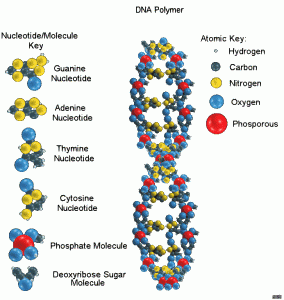Making false memories
For many years researchers in cognitive neurscience has known that episodic memory does not work like a tape recorder or a computer hard drive. Recollection of events is not a simple replay from a fixed store. Rather, episodic memory (and memory in general) is today seen as a dynamic – even fragile – reconstruction process. […]
For many years researchers in cognitive neurscience has known that episodic memory does not work like a tape recorder or a computer hard drive. Recollection of events is not a simple replay from a fixed store. Rather, episodic memory (and memory in general) is today seen as a dynamic – even fragile – reconstruction process. As a consequence, errors can happen, and they do. One of these kinds of recall errors are false memories. But what are the mechanisms behind false memories? Why do things go wrong? In a paper by Lampinen et al. false memories are studied experimentally. They shed light on two special features in false memories; borrowing and vividness.
Compelling Untruths: Content Borrowing and Vivid False Memories
by James Michael Lampinen et al. in Journal of Experimental Psychology: Learning, Memory, and Cognition – Volume 31, Issue 5 , September 2005, Pages 954-963
Abstract – False memories are sometimes accompanied by surprisingly vivid experiential detail that makes them difficult to distinguish from actual memories. Such strikingly real false memories may be produced by a process called content borrowing in which details from presented items are errantly borrowed to corroborate the occurrence of the false memory item. In 2 experiments using think-out-loud protocols at both study and test, evidence for content borrowing occurred for more than half of the false remember judgments participants reported. The present study also provides evidence consistent with recollection rejection and distinctiveness playing a role in false-memory editing.









